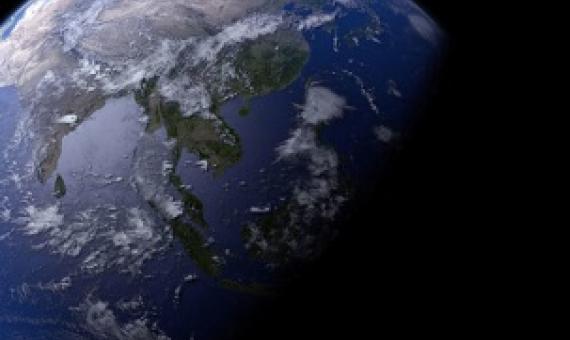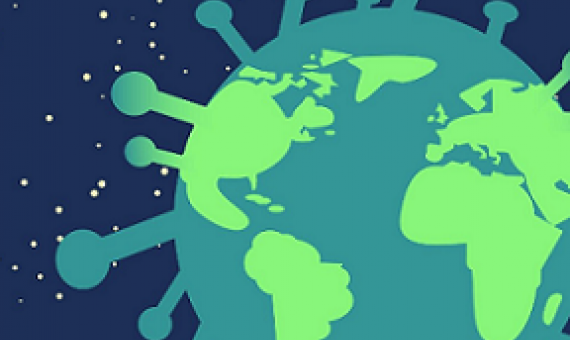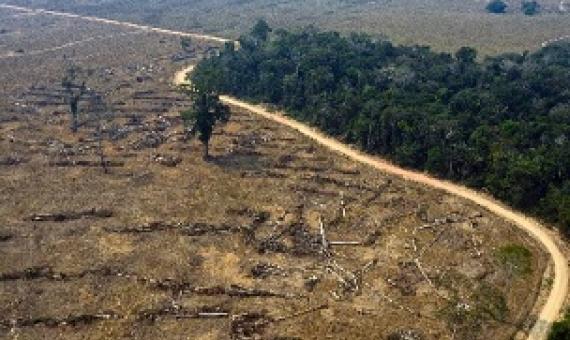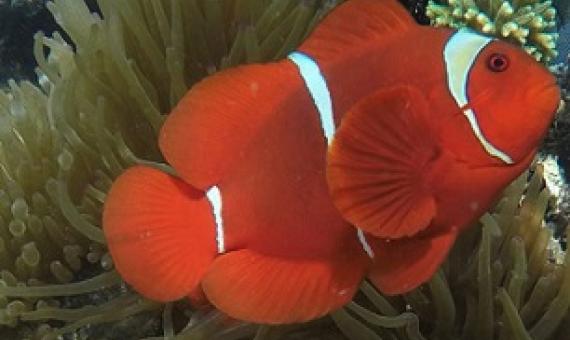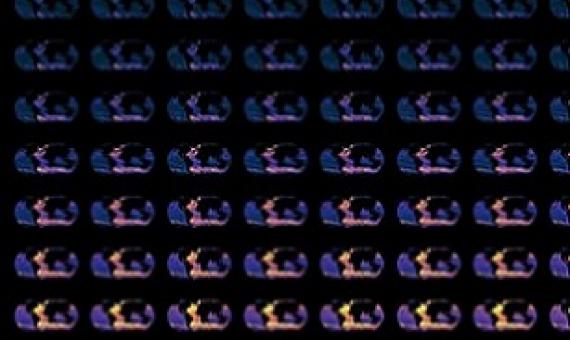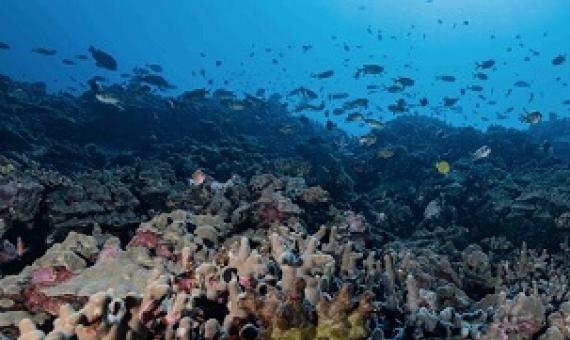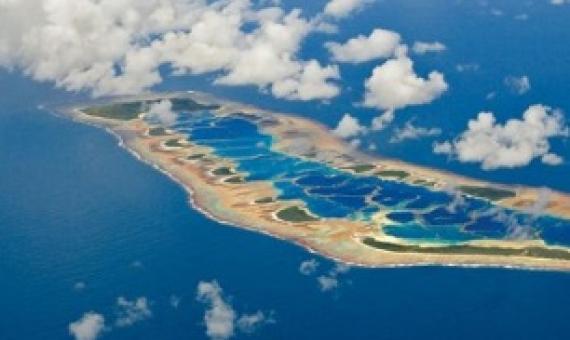A group of the world’s top ecologists have issued a stark warning about the snowballing crisis caused by climate change, population growth, and unchecked development. Their assessment is grim, but big-picture societal changes on a global scale can still avert a disastrous future.
There is increasing awareness that the COVID-19 pandemic is the consequence of environmental and societal crises.
Change in Terrestrial Human Footprint Drives Continued Loss of Intact Ecosystems
Human pressure mapping is important for understanding humanity’s role in shaping Earth’s patterns and processes. We provide the latest maps of the terrestrial human footprint and provide an assessment of change in human pressure across Earth. Between 2000 and 2013, 1.9 million km2 of land relatively free of human disturbance became highly modified. Our results show that humanity’s footprint is eroding Earth’s last intact ecosystems and that greater efforts are urgently needed to retain them.
Heatwaves in the world's oceans have become over 20 times more frequent due to human influence. This is what researchers from the Oeschger Center for Climate Research at the University of Bern are now able to prove.
Countries are set to miss all of the targets they set themselves a decade ago to preserve nature and save Earth's vital biodiversity, the United Nations said Tuesday. Humanity's impact on the natural world over the last five decades has been nothing short of cataclysmic: since 1970
Marine ecologist and National Geographic explore-in-residence Enric Sala has written a new book, The Nature of Nature: Why We Need the Wild, published Aug. 25. The book is a primer on “ecology for people in a hurry,” Sala writes, revealing the startling diversity of life on our planet.
The oceans play an important role in regulating our climate and its change by absorbing heat and carbon.
Does the image above look familiar? If so, there’s a good chance that you – or someone you know – have played a turn-based strategy game.
Resource fishes—species targeted for human consumption—play a key role in reef ecosystems long before they end up on the dinner table.
From a Wuhan, China, “wet market” where freshly butchered meat and live wild animals are sold for food and medicine, the virus likely was transmitted in late 2019 via wildlife to humans.

